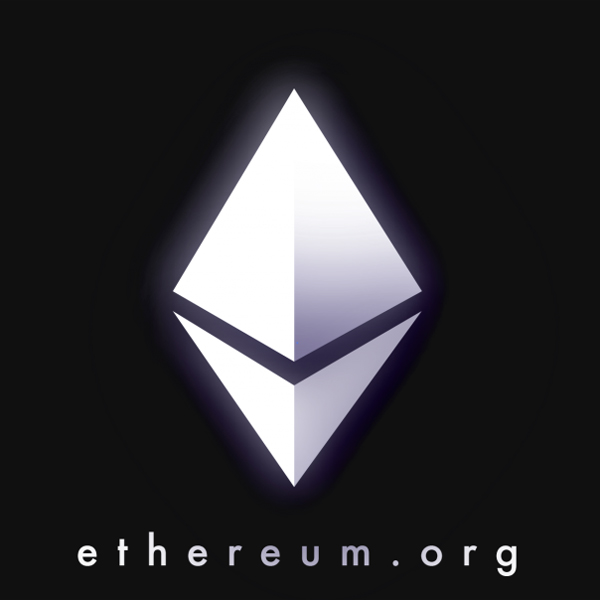Vitalik Buterin Wins 2014 World Technology Award, Denounces Bitcoin Maximalism
 Vitalik Buterin won the 2014 World Technology Award for the category “IT Software,” beating Facebook founder Mark Zuckerberg. The Award recognizes Buterin’s leading role in the design and development of Bitcoin 2.0 platform Ethereum.
Vitalik Buterin won the 2014 World Technology Award for the category “IT Software,” beating Facebook founder Mark Zuckerberg. The Award recognizes Buterin’s leading role in the design and development of Bitcoin 2.0 platform Ethereum.
Earlier this year Buterin, featured in The Rise and Rise of Bitcoin documentary, won the prestigious Thiel Fellowship for developing Ethereum, a peer-to-peer network that any application can use and access and a mobile and desktop client to allow people to build advanced decentralized applications and use them in a platform that is as convenient as a web browser.
Recently, Counterparty announced that they successfully cloned some of the most interesting features of Ethereum, including its Turing Complete programming environment for smart contracts and advanced transactions, on top of their Counterparty software stack. The Counterparty version of Ethereum works with Bitcoin, without needing ad-hoc altcoins like Ether (the currency of the Ethereum system). The Counterparty announcement provoked heated discussions. Other altcoins have since then announced their migration to Counterparty, in what seems an extinction trend for altcoins. There have been suggestions that Ethereum should become a sidechain, which would permit retaining all the innovative features of Ethereum while using Bitcoin, instead of Ether, as currency.
Buterin has written a blog post titled “On Bitcoin Maximalism, and Currency and Platform Network Effects ” to defend the Ethereum approach, including the Ether altcoin. He defines “Bitcoin Maximalism” as:
“The idea that an environment of multiple competing cryptocurrencies is undesirable, that it is wrong to launch “yet another coin”, and that it is both righteous and inevitable that the Bitcoin currency comes to take a monopoly position in the cryptocurrency scene.”
I must admit that I subscribe to a mild “Bitcoin Maximalism” – in most cases I agree with Andrew Barisser’s position, and I don’t see what real value the myriad of “me-too” altcoins bring to the table. However, Ethereum isn’t a “me-too” altcoin, but an awesome, innovative project with the potential to radically change how we use the Internet.
Bitcoin Maximalists Are Wrong to Try to Knock New Ladders Down
 Buterin lists the three possible approaches to creating a new crypto protocol:
Buterin lists the three possible approaches to creating a new crypto protocol:
- Build on Bitcoin the blockchain, but not Bitcoin the currency (metacoins, eg. most features of Counterparty).
- Build on Bitcoin the currency, but not Bitcoin the blockchain (sidechains).
- Create a completely standalone platform (the Ethereum approach).
He argues that what’s really important is to achieve a network effect – the value of a network grows with the number of people using it – and points out some weaknesses of the first two approaches. Bitcoin offers a network “snowball” effect, where more users result in more merchants, more services, and more practical utility, which in turns attract even more users. But other standalone currencies could well create powerful network effects and positive feedback loops.
“Perhaps a new protocol needs to have a concentrated set of highly incentivized stakeholders in order to seed a community, and Bitcoin maximalists are wrong to try to knock this ladder down after Bitcoin has so beautifully and successfully climbed up it.”
New standalone platforms can more easily offer appropriate incentives to participants, for example mining a new altcoin that could become valuable, which is a proven way to create a powerful network effect. On the technical side, Buterin notes that metacoins and sidechains are not always and not entirely “based on Bitcoin,” but often require conversion steps that are essentially equivalent to exchanging Bitcoin for a new altcoin.
I am not entirely persuaded by Buterin’s arguments, which at times sound to me like a weak, desperate defense, but Buterin is a genius who deserves being listened to with full attention. One thing is certain: regardless of what the final operational version of Ethereum will be – the standalone system envisaged by Buterin, or a Counterparty application, or a sidechain – it will be a spectacular achievement and one of the foundations of Bitcoin 2.0.
What do you think of Buterin’s analysis and arguments? Comment below!
Images from Ethereum.